Premium Only Content
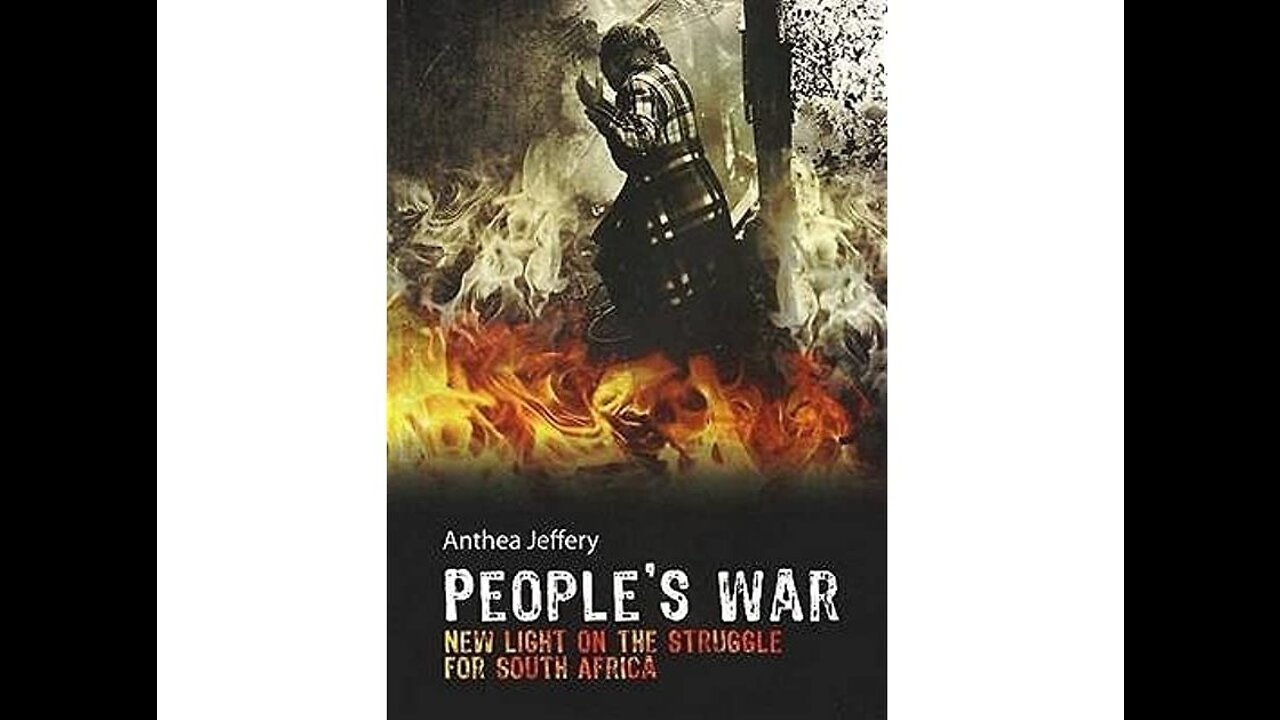
People's War
Introduced by EB’s Maryanne Hancock, John Kane-Berman, President of the South African Institute of Race Relations (which co-hosted the event), spoke about the lawlessness that was originally fomented to make South Africa ungovernable in the death throws of Apartheid; he described it as a “genie that cannot easily be put back in the bottle.” He explained how besides policies and procedure, a wider violent strategy was adopted by the ANC, MK and other allies during this period.
Seeing a change in the temperament of political demonstrations and who was at them in the late 80s and early 90s, analysts starting looking at whether there was a new organized strategy at work – as opposed to spontaneous political protest. Kane-Berman spoke of how broadcasts of Radio Freedom seemed to correlate with, and pre-empt episodes of violence on the ground in South Africa.
In addition, he said, much of what was happening in the townships and throughout SA’s cities wasn’t being written about. Black journalists were not particularly keen to write about the violence they were witnessing, for fear of repercussions. The SAIRR’s 1991 book Mau-mauing the Media documented this “unofficial [self] censorship”.
Kane-Berman articulated how in 1990, within 3 months of the unbanning of the ANC, researchers realized that this period was going to be the most violent in South Africa since the end of World War II. The conventional explanation accepted by South Africans for so long has been the idea of a Third Force in part created by FW de Klerk. But Kane-Berman queried why a man who released political prisoners would orchestrate such violence: “Why would FW take such huge political risks and then shoot himself in the foot?”
Kane-Berman left us to ponder the seemingly imponderable: that South Africa’s 1994 election was not “a miracle” but a planned result of a far-reaching violent political strategy. People’s War is a book about understanding this and getting to grips with a new perspective of the end of Apartheid.
Kane-Berman praised Jeffery’s work, citing her prodigious energy, meticulous research skills, writing ability and most of all her courage in connecting the dots and writing about the “people’s war”. He said he hoped this book would make a difference.
Anthea Jeffrey then took the mic and fleshed out the background to the book with care and detail. She said the “people’s war” started in 1985 with the first wave of school boycotts in the Eastern Cape, with intimidation and violence perpetrated against those who stayed away. The gruesome practice of necklacing started in Uitenhage, she said, with the necklacing of KwaNobuhle community councillor Benjamin Kinkini. Jeffery stated that Kinikini shot his own son to save him the agony of being necklaced. Later that year 8 other people were necklaced in Port Elizabeth.
There seemed to be a concerted outbreak of violence against community members and leaders who wouldn’t toe the ANC line, including security police members and their families. Jeffery said that the idea was to collapse local government.
She explained how this new type of revolutionary war, the “people’s war”, was both political and military, creating “a hammer and anvil between which there was no differentiation of combatants versus civilians”. Everyone was expendable in the same way as arms and ammunition – including children.
In addition to the “people’s war” there was “a persistent propaganda campaign with a constant repetition of themes”. Untruths spread from seemingly diverse quarters became accepted as truths. The National Party government, IFP and the “Third Force” were blamed for all the violence. Society was in ferment with ANC street committees giving way to combat units aimed at bringing everyone under control through terror. The violence became an ongoing, unstoppable circle with police resorting to “draconian methods” in response to it.
In 1993 Mangosuthu Buthelezi drew attention to the 275 IFP leaders who had been killed since 1985 – he asked why this was of no consequence. He asked how the 1994 election could be free and fair in such a climate and withdrew from the election process in protest. He was demonized for his views and actions at the time.
Jeffery’s book lays out how the “people’s war” allowed the ANC to dominate the negotiating process, marginalizing people like Buthelezi, and seize a virtual monopoly on power in 1994.
In her opinion, the election of 1994 was “deeply flawed”, and in the last 15 years the bright new start that was promised then has been betrayed. The violence and culture of terror from pre-1994 plays a role in the “plague of violent crime” which SA faces today. She finds that the “people’s war” is a major factor in the increasingly violent strikes, such as the recent SANDF strike, which the country is grappling with.
Jeffrey hopes that People’s War will “strip away the veil across SA’s recent history and allow us all to see it more clearly”. In the book.
-
 2:15:01
2:15:01
Steven Crowder
4 hours agoHow Trump's Deportation Plan will Save America... And Europe
292K180 -
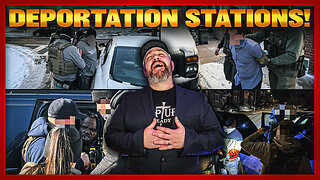
LFA TV
17 hours agoDEPORTATION STATION! ALL ABOARD! | LIVE FROM AMERICA 1.23.25 11am
41.3K21 -
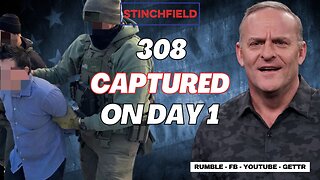 LIVE
LIVE
Grant Stinchfield
1 hour agoThe Mass Deportation Plan is NOW Underway!
537 watching -
 LIVE
LIVE
TheAlecLaceShow
59 minutes agoTrump Kills DEI | Laken Riley Act | Woke Bishop | Trump Hannity | Ross Ulbricht | The Alec Lace Show
49 watching -
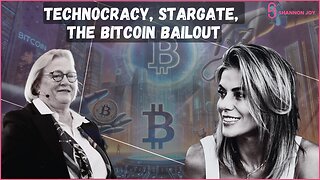 LIVE
LIVE
The Shannon Joy Show
1 hour ago🔥🔥LIVE - Exclusive With CATHERINE AUSTIN FITTS! Technocracy, Stargate, The Bitcoin Bailout🔥🔥
766 watching -
 23:44
23:44
Dave Portnoy
4 hours agoDavey Day Trader Presented by Kraken - January 23, 2025
62.4K7 -
 1:28:41
1:28:41
Graham Allen
4 hours agoSenate Is STALLING ALL Trump Nominations!! + Is Trump Going After The Bidens?!
125K105 -
 4:56
4:56
Tactical Advisor
2 hours agoPSA X5.7 Update | Shot Show 2025
25.6K4 -
 2:58:41
2:58:41
Matt Kohrs
11 hours agoTrump Addresses WEF || The MK Show
57.7K4 -
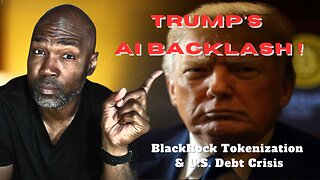 34:27
34:27
Rethinking the Dollar
2 hours agoTrump’s AI Decisions Spark Backlash – What’s Next?
20.3K4